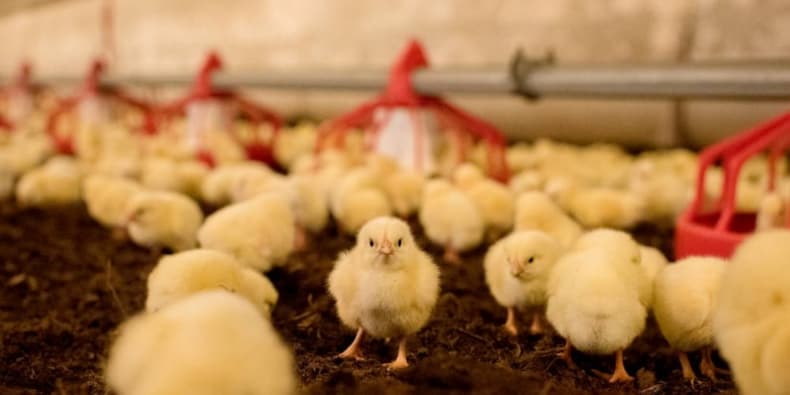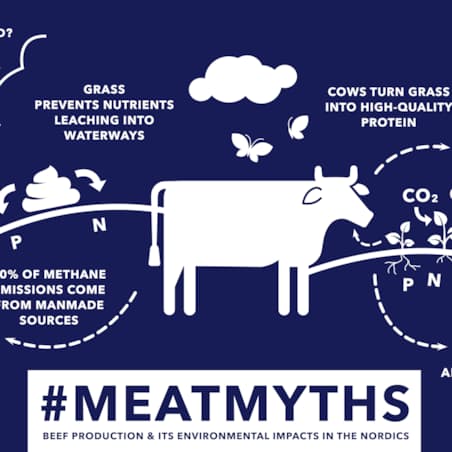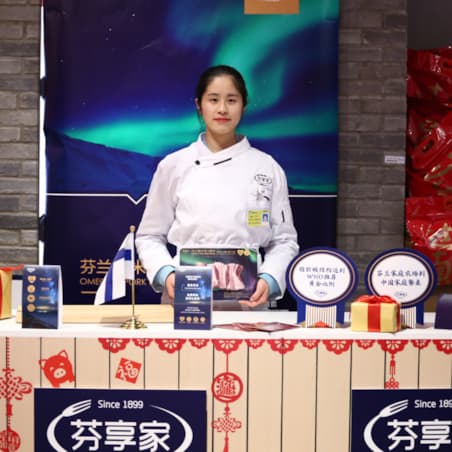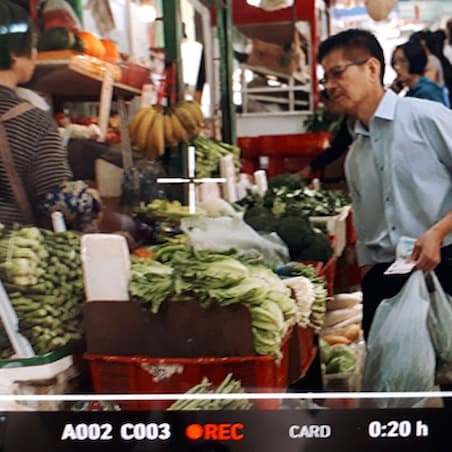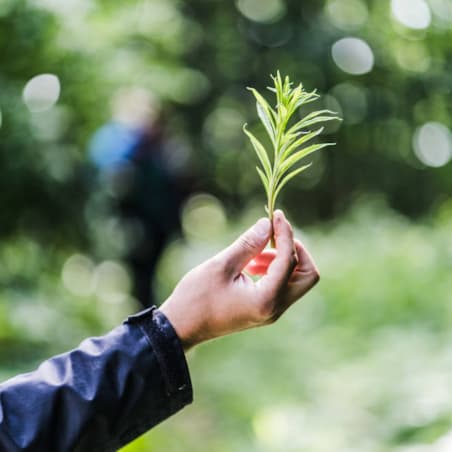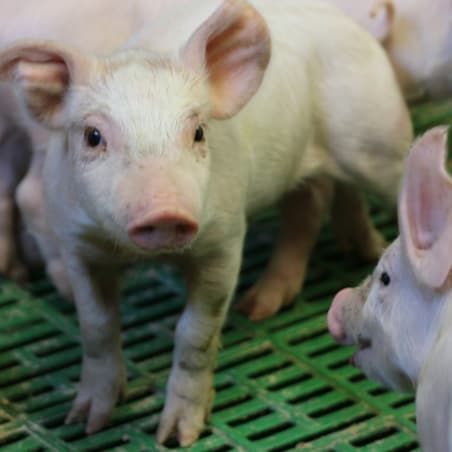In the olden days the chickens roamed around in the garden, digging, cooing and pecking around. There were external hazards of course, like stray dogs, hawks and foxes. The biggest threat, however, was invisible and came flying in the air with wild birds that could carry diseases.
"Newcastle Disease is detected every year here in pigeons, and during the last years eagles have been commonly carrying avian influenza," says Dr. Leena Pohjola, a Finnish veterinarian and poultry specialist at HKScan.
You can fence the production animals in to protect them, but how can you stop an invisible disease with wings? Nordic-grown chicken feed is first-rate and unfortunately it is very tempting to wild birds too. So, small birds are eager to visit outdoor chicken farms and they can juggle themselves easily through the nets. Bird droppings can carry diseases like small bombs.
Dr. Pohjola has a simple answer: "We keep the chickens indoors".
Good soil makes good feed
This year the hot and dry summer has been an exception to the rule, but the typical growing season in the Nordic summer is ideal for producing high-class feed. Long days of summer with the breath of the Gulf Stream are a treat to the fields. In wintertime, the cold weather helps in keeping plants disease- and pest-free, so there is less need for fungicides and pesticides. Also, the ground water supplies are very good, which is crucial in preserving the environment.
Pollution from industrial plants and factories has not affected the Nordic nature in a way that it has in some other countries. Heavy metals are a great cultural export in music, but luckily very rare in the Nordic soil. The grains for chicken feed are grown on nearby farms and the quality control of animal nutrition is proficient.
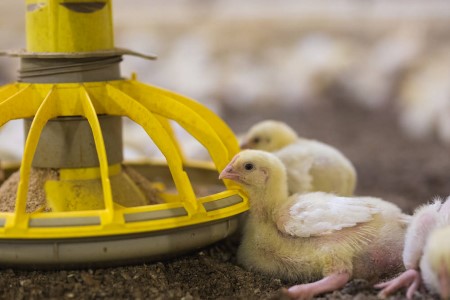
HKScan contract farmers are committed to the best practices and agreements of the trade. There is no room for corruption or other forms of foul play in the production chain.
A pet chicken can catch and spread diseases too
Hobby flocks are the new black. You can keep a flock of three or more chickens on your premises and get fresh eggs and good company daily, even when living in the city. There are about 6,000 registered hobby flocks in Finland alone, not to mention the other Nordic countries. Plus a number of unregistered ones too.
There can be a risk of catching an infectious disease when living close to your outdoor pets. Ungrateful rodents and wild birds will leave their droppings in the tasty feed if they ever get a chance to access it. The most common diseases are campylobacter and salmonella, which both are causing food poisoning for humans, usually with no symptoms in chickens.
We are free of salmonella, but campylobacter is still occasionally found. However, the professional poultry farms are strictly hygienic and promptly taken care of. At Finnish and Estonian chicken farms, for example, a batch of chicks arrives, stays, and then leaves at the same time. After they leave, the entire chicken house is emptied, cleaned and disinfected.
Safe and sound – indoors
Avian influenza spreads in birds through their respiratory organs. In some rare cases it can also infect humans when touching dead birds that have fallen sick with avian influenza.
To minimize the risks, it is crucial that all the premises and the transportation vehicles are clean. Even the transportation routes are carefully planned to prevent any risks of contamination.
Last November HKScan launched a new concept enabling chicks to be born on the farm they are raised rather than at a separate hatchery. The new concept further improves their welfare and disease resistance, providing the best possible conditions for their balanced growth. Read more about the concept. Taking care of personal hygiene and using protective clothing are an inexpensive way to prevent health hazards on the farm.
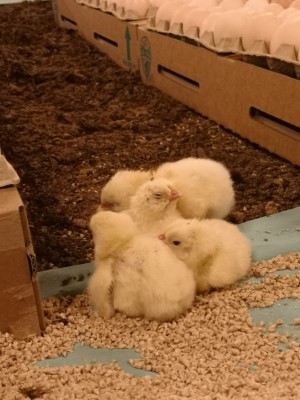
Livestock in the Nordic countries in general is well taken care of, which also means that there is no need to use antibiotics. The chickens indoors, for example, are able to dig and peck the peat litter on the floor, sit on the perches and practise their species-typical behaviour. Their health is constantly monitored and taken care of, and the stress is minimized - all which affect the quality of meat and also the price that we pay for the good quality.
"Once again, if the production chickens were raised outdoors, we would have a less chance of preventing infection" states Dr. Leena Pohjola.
"For the same reason unnecessary visitors are not allowed on the chicken farms. Unfortunately, some people assume that this is because we must have something to hide, while the real reason behind this is protection."


